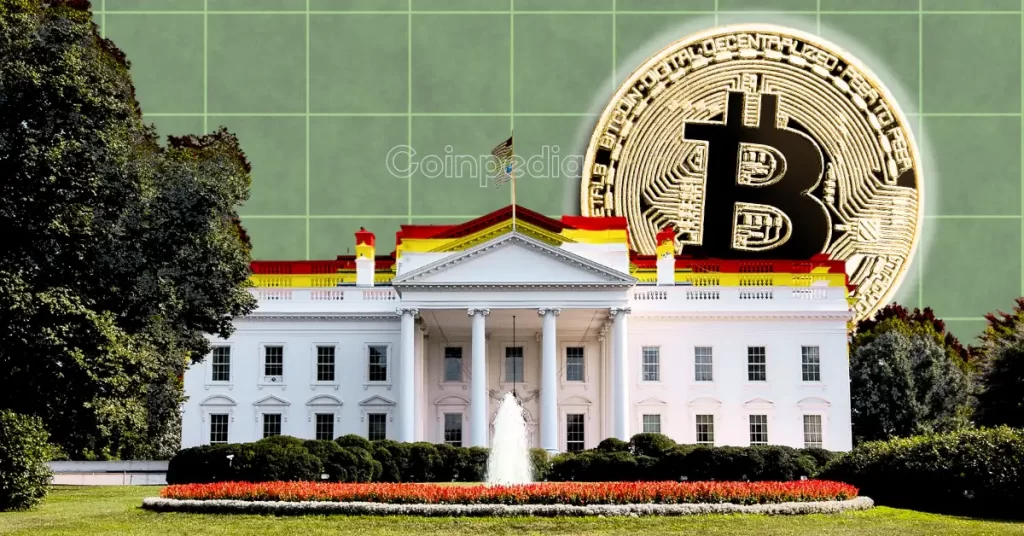U.S. Passes First Crypto Law: Trump Repeals DeFi Broker Rule in Win for Blockchain Innovation

The post U.S. Passes First Crypto Law: Trump Repeals DeFi Broker Rule in Win for Blockchain Innovation appeared first on Coinpedia Fintech News
For the first time, the U.S. has officially passed a pro-crypto law — and it’s a pretty big deal. In a big win for the crypto community, President Donald Trump has officially signed off on the repeal of the controversial IRS “DeFi Broker Rule.” This marks the first time a crypto-related bill has ever become law in the United States — a significant milestone that reflects the changing attitude toward digital assets at the federal level.
Crypto Czar David Sacks credited Senators Ted Cruz, Mike Carey, and Bryan Steil for pushing the resolution through Congress.
UPDATE: As promised, President Trump has signed the bill to repeal the DeFi Broker Rule. Congratulations to @SenTedCruz, @RepMikeCarey, and @RepBryanSteil for steering the resolution through Congress. https://t.co/SugdszjIPp
— David Sacks (@davidsacks47) April 11, 2025 What Was the DeFi Broker Rule?Originally introduced during the Biden administration, the DeFi Broker Rule was set to take effect in 2027. It aimed to expand IRS reporting requirements by forcing decentralized finance (DeFi) platforms to report details about crypto transactions, including the gross proceeds and user information, similar to traditional brokers reporting stock trades.
Supporters of the rule claimed it would help prevent tax evasion, especially among the wealthy. However, critics said it would impose impossible demands on decentralized systems that don’t have centralized operators or user databases.
Why It Was RepealedTrump’s repeal of the rule came after heavy criticism from lawmakers and crypto advocates who believed it would stifle innovation and overwhelm the IRS with data it’s not equipped to process. Representative Mike Carey, one of the key backers, said the rule would have hurt everyday Americans’ privacy while creating chaos during tax season.

